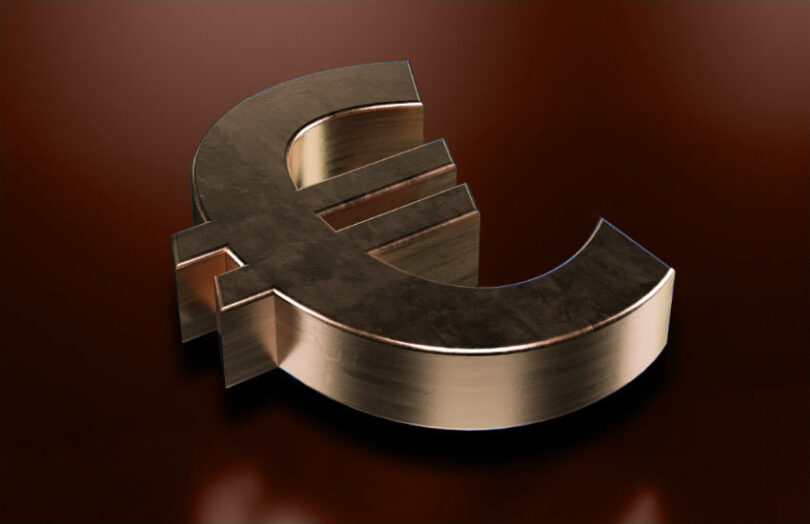In a recent interview with Les Echos, European Central Bank (ECB) board member Fabio Panetta gave a brief overview of the digital euro project. He says the central bank digital currency (CBDC) launch could still take three to four years and that the privacy balance will be determined by European legislators. He also explained the logic of the €3,000 ($3,214) cap but noted that larger payments could still be possible.
Expected launch date
According to Mr Panetta, the digital euro launch is not expected for another “three or four years.” The ECB is taking a cautious approach and consulting with other European institutions to ensure the design, distribution, and impact of the CBDC are carefully assessed. Some have questioned whether this will be enough time to pass laws that will also need to be implemented nationally, but Mr. Panetta did not address these concerns.
A vote in October will decide whether the ECB should proceed with the technical implementation phase.
Privacy decisions
The Director also denied claims that the central bank would use the information collected via the digital euro, repeating the assertion that “the ECB will not have access to personal data.”
However, the trade offs between privacy and anti money laundering (AML) compliance still need to be found. “This balance will be determined by the legislator,” said Mr Panetta, with Members of the European Parliament recently holding the first debate on the digital euro, with some MPs very concerned about potential surveillance.
Digital euro caps
Lastly, Mr. Panetta explained the need for a €3,000 ($3,214) ceiling, saying, “We don’t want to create tensions for financial intermediaries that could negatively affect the financing of the economy and the transmission of monetary policy.” A recent survey by a German banking association painted a grim outlook for small financial institutions.
However, the Director noted that people will be able to link digital euro accounts and bank accounts to send and receive larger payments. The ability to sweep excess into bank accounts means people could potentially receive higher salaries in digital euros.






